Endoscopy
WHAT IS AN ENDOSCOPY?
An endoscopy is used to investigate all parts of the digestive system. This is done using an instrument called an endoscope. This is a long thin flexible tube that has a light source and camera at one end.
Why do I need to have an endoscopy procedure?
- An endoscopy is used to investigate and treat the following symptoms.
- Difficulty in swallowing
- Persistent abdominal pains
- Chest pain that is not cause by heart related conditions
- Persistent nausea and vomiting
- Unexplained weight loss
- Vomiting blood
- Persistent diarrhoea / constipation
- Blood in your stools or rectal bleeding
- Indigestion
- Anaemia
OUR PROCEDURES
- Screening for Bowel Cancer
- Diagnostic and therapeutic oral upper endoscopy (including biopsy)
- Diagnostic and therapeutic colonoscopy (including biopsy and removal of polyps, also called polypectomy)
- Banding of haemorriods,
- Capsule Endoscopy
- ERCP
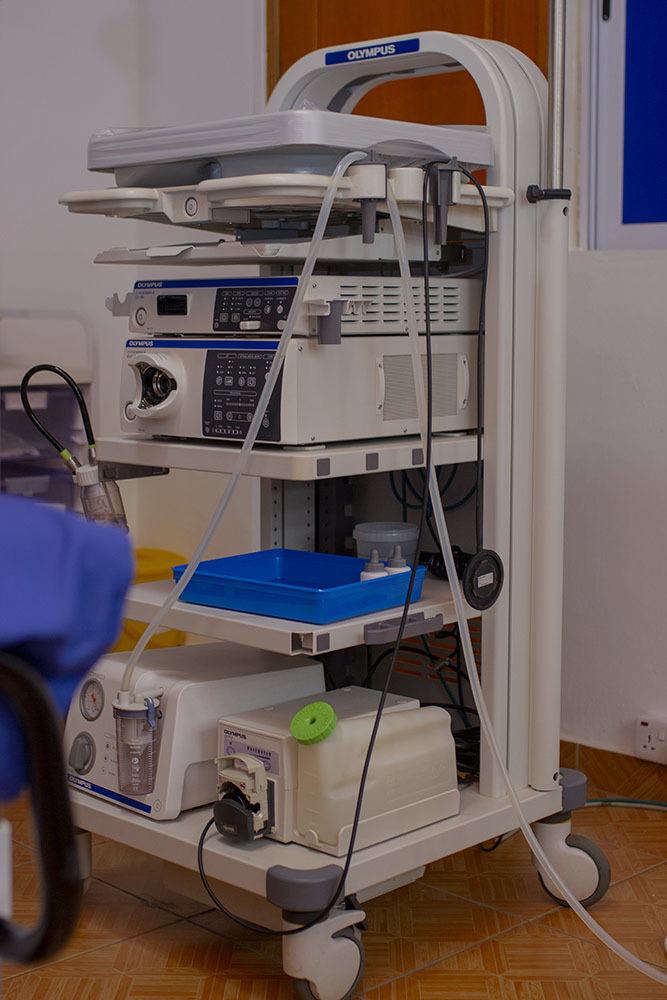
Need Specialist Care?
Gastroscopy
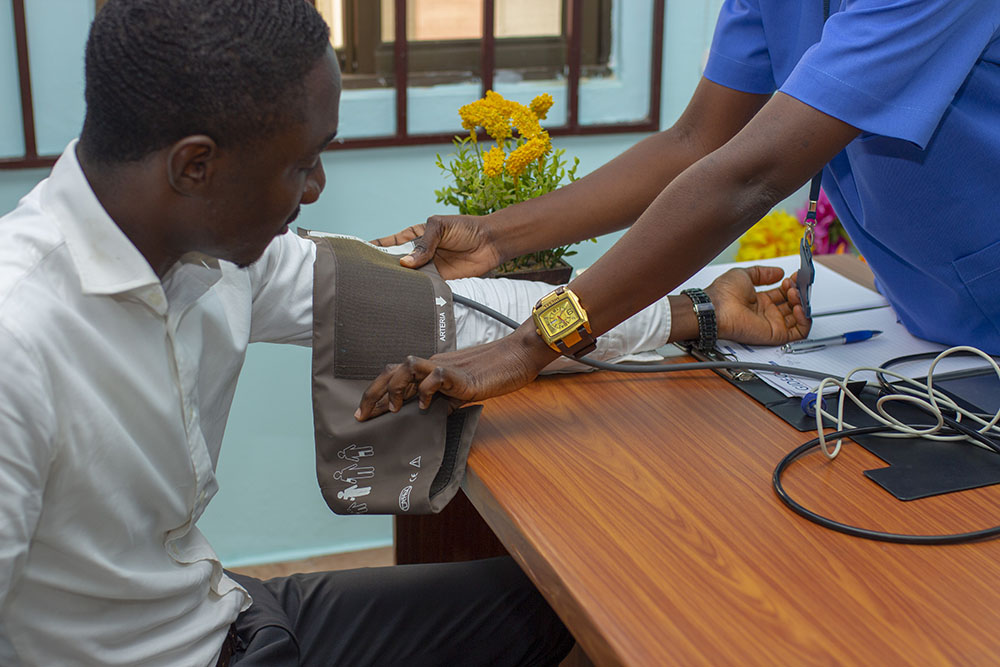
WHAT IS GASTROSCOPY?
Gastroscopy is what most patients mean when they talk of “endoscopy”. A gastroscopy is an examination of the upper part of the gastrointestinal tract – the oesophagus (gullet), stomach and duodenum (the first part of the small intestine)
Why would you need Gastroscopy?
A gastroscopy is useful for finding out the cause of a range of symptoms, such as:
- Indigestion
- heartburn
- upper abdominal pain
- difficulty in swallowing
- persistent abdominal pains
- chest pain that is not cause by heart related conditions
- persistent nausea and vomiting
- unexplained weight loss
- vomiting blood
- looking for and treating ulcers
Need Specialist Care?
Colonoscopy
WHAT IS COLONOSCOPY?
A colonoscopy is an examination of the lining of the colon (large bowel) using a flexible, tube-like telescope called a colonoscope. This instrument is carefully passed through the rectum (back passage) and into the colon.
Why would you need colonoscopy?
A colonoscopy is useful as a check-up for certain bowel conditions and to find out what is causing symptoms such as:
- Unexplained weight loss
- Persistent diarrhea / constipation
- Blood in your stools which may make it look dark
- Anaemia
- Screening for bowel cancer (Colon cancer)
- Looking for polyps , left alone some of them can develop into cancer
- A change in bowel habits
- A feeling of needing a bowel movement
- Cramping or abdominal (belly) pain
- Unintended weight loss
OUR PROCEDURES
- Screening for Bowel Cancer
- Diagnostic and therapeutic oral upper endoscopy (including biopsy)
- Diagnostic and therapeutic colonoscopy (including biopsy and removal of polyps, also called polypectomy)
- Banding of haemorriods,
- Capsule Endoscopy
- ERCP
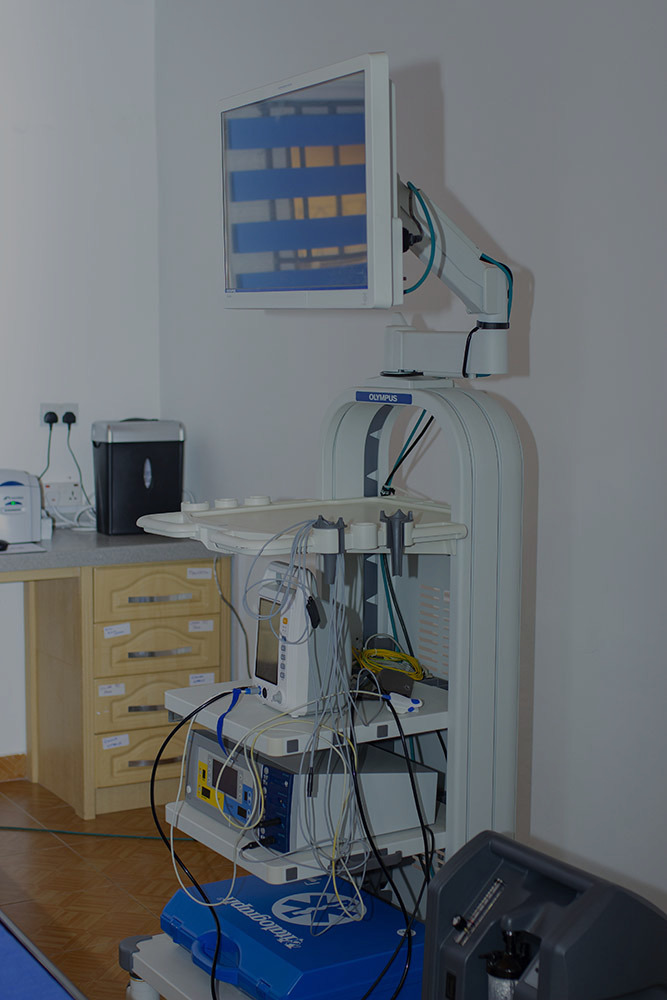
Need Specialist Care?
Capsule Endoscopy (EUS)
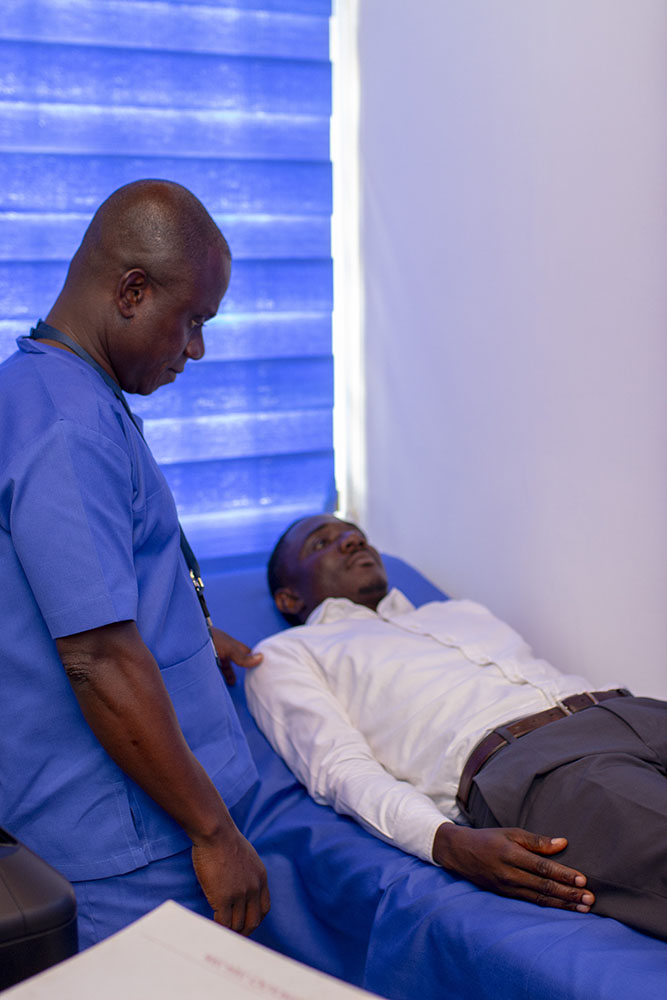
WHAT IS CAPSULE ENDOSCOPY (EUS)?
Capsule endoscopy is a painless investigation of your digestive tract and involves swallowing a small (the size of the large vitamin pill) capsule, which contains a colour camera, battery, lights source and transmitter. The camera takes two pictures every second, transmitting images to a data recorder. Capsule endoscopy assists in diagnosing gastrointestinal condition.
Once swallowed, the camera moves naturally through the digestive tract whilst patients carry out their normal activities. The capsule endoscope is disposable and will be excreted naturally in your bowel movement.
We have small bowel capsule which examines the small intestine, colon capsule which examines the large intestine and pan-enteric (crohn`s) capsule which examines
Why would you need capsule endoscopy (EUS)?
Capsule endoscopy can be used to investigate conditions and diseases listed below:
- Internal bleeding in your intestine
- Ulcers in your intestine
- Worms in your in intestine
- Find the cause of gastrointestinal bleeding
- Diagnose inflammatory bowel diseases, such as Crohn’s disease
- Diagnose cancer
- Screen for polyps , left alone some of them can develop into cancer
- Diagnose malabsorption including coeliac disease
- Unexplained abdominal pain
- Chronic (long standing ) diarrhoea
- Unexplained weight loss
Need Specialist Care?
Endoscopic Ultrasound (EUS)
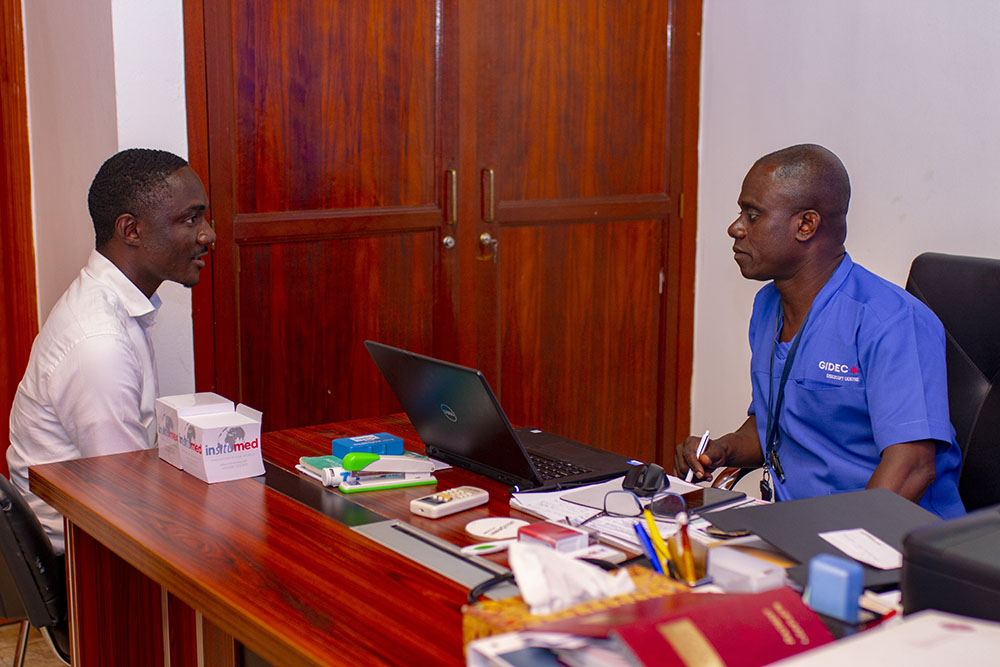
WHAT IS ENDOSCOPIC Ultrasound (EUS)?
An EUS combines an endoscopy and ultrasound in order to obtain images and information about the digestive tract and surrounding tissue and organs. The ultrasound uses high-frequency sound waves to produce images of the structures inside the body including the liver, gallbladder and pancreas. Samples of the surrounding tissues can be obtained for further testing.
Need Specialist Care?
ERCP
WHAT IS ERCP?
An ERCP (Endoscopic Retrograde Cholangio-Pancreatography) procedure allows the endoscopist to take detailed X-rays and camera examination that enables them to examine and or treat conditions of the biliary system (liver, gall bladder, pancreas, pancreatic and bile ducts.
Using a long thin flexible tube with a bright light and video camera at one end this is passed through the mouth, down into the stomach and the upper part of the small intestine (the duodenum). X-ray dye is then injected down the endoscope so that the pancreas and bile ducts may be seen on X-ray films.
Why would you need ERCP?
The most common reasons to do an ERCP are:
- Jaundice (yellowing of the skin or eyes)
- Abnormal liver blood tests, especially if you have pain in the abdomen
- Scan (ultrasound or CT scan) shows a blockage of the bile or pancreatic ducts
- Blockages can be caused by:
- Stones
- narrowing of the bile ducts (strictures),
- Growths or cancers of the pancreas and bile ducts.
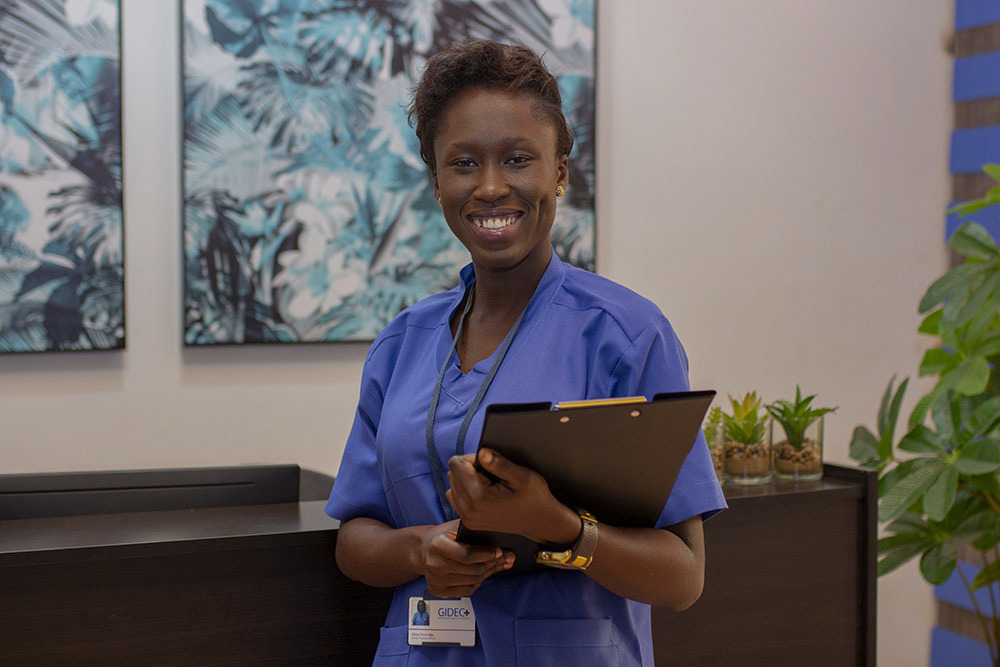
Need Specialist Care?
Colon Cancer Screening
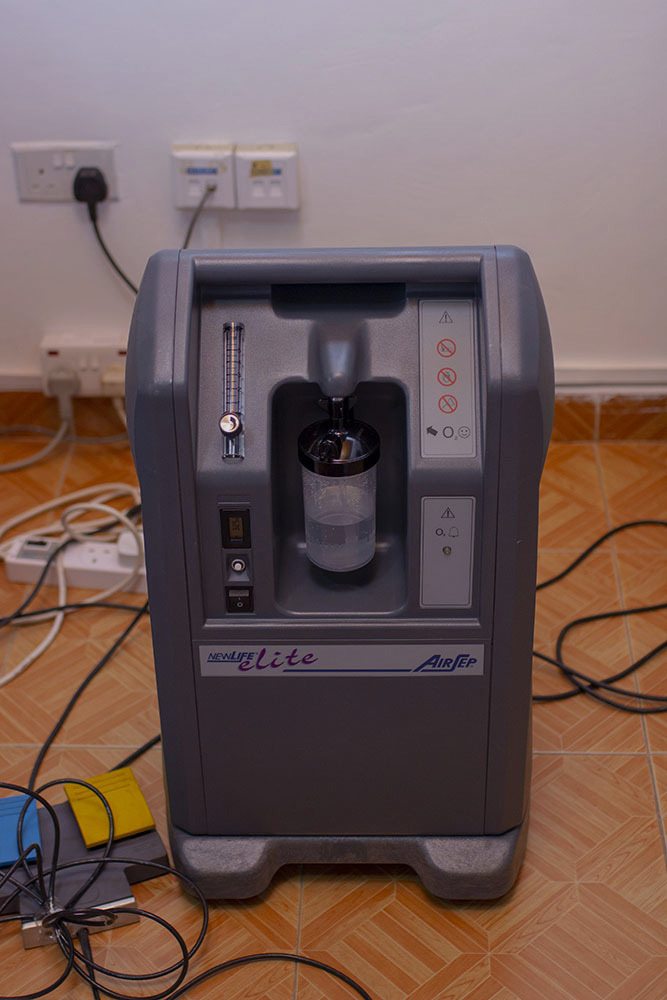
WHAT IS COLON CANCER (BOWEL CANCER)?
Colon or bowel cancer is a type of cancer that begins in the large intestine (colon). The colon is the final part of the digestive tract.
Colon cancer is sometimes called colorectal cancer, which is a term that combines colon cancer and rectal cancer, which begins in the rectum.
Colon cancer typically affects older adults, though it can happen at any age. It usually begins as small, noncancerous (benign) clumps of cells or growths called polyps that form on the inside of the colon. Over time some of these polyps can become colon cancers.
Why do I need Colon cancer (Bowel cancer) screening?
Polyps may be small and produce few, if any, symptoms. For this reason, doctors recommend regular screening tests to help prevent colon cancer by identifying and removing polyps before they turn into cancer.
Colon cancer screening can detect polyps and early cancers in the large intestine. This type of screening can find problems that can be treated before cancer develops or spreads. Regular screenings may reduce the risk for death and complications caused by colorectal cancer
Screening typically starts at the age of 50 but black people are at higher risk of bowel cancer and also die early from colon cancer. As a result it is recommended that black people and people at average risk of colorectal cancer should start regular screening at age 45.
Which people need to go for colon cancer screening?
- Anyone age 50 and above
- Anyone at increased or high risk of colon cancer?
Who is at increased or high risk of colon cancer?
Bowel cancer is the 3rd leading cause of cancer deaths among MEN in West Africa
Bowel cancer is the 4th leading cause of cancer deaths among WOMEN in West Africa
The following conditions make your risk higher than average:
- Black people aged 45 or above
- A personal history of colorectal cancer or adenoma polyps
- A personal history of inflammatory bowel disease (ulcerative colitis or Crohn’s disease)
- A strong family history of colorectal cancer
- A known family history of a hereditary colorectal cancer syndrome such as familial adenomatous polyposis (FAP) ( a condition in which thousands of polyps may develop or hereditary non-polyposis colon cancer (HNPCC) (a condition which is not cancer, but in which a small number of polyps develop that puts you at greater risk for getting colon cancer.
What is the best investigation for colon cancer screening?
Colonoscopy is one of the best tests available for bowel cancer screening. It allows the doctor to look inside the entire rectum and colon while a patient is sedated. A colonoscopist is a doctor who specializes in performing this test.
Apart from checking for a cancer it can also be used to remove polyps at the same time if found
You can book an endoscopy appointment directly by clicking the steps below. You will be invited for a face to face consultation in our office for a date you choose



